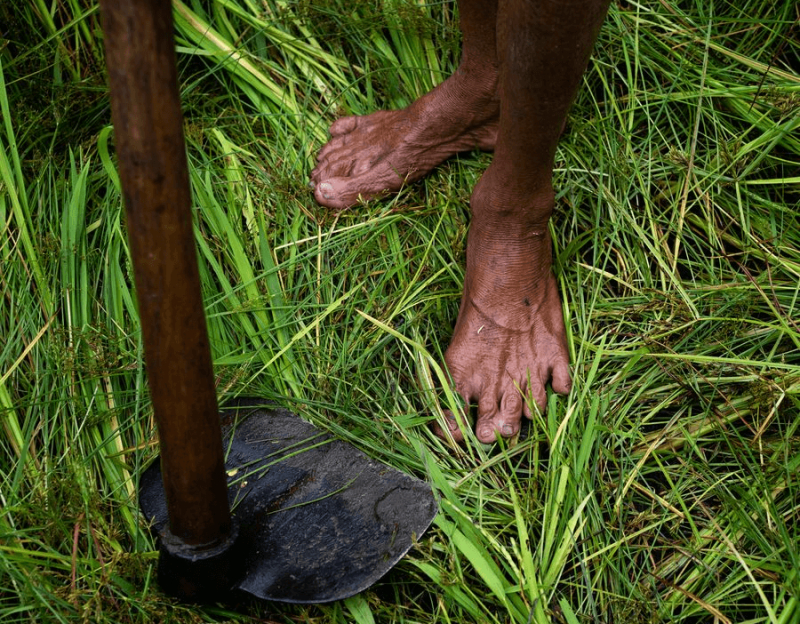For more than half a century, Pahatha Mellange Jayaappu has tilled the field on his modest farm in Sri Lanka’s agricultural heartland, unswayed by recurrent political and economic turmoil.
Now the 71-year-old is just trying to eke out enough of a harvest to feed his family after an abrupt ban on chemical fertilizers last year devastated his crops. He says he has given up on planting for profit.
“We have lived through armed insurrections and bad government policies,” Mr. Jayaappu said. “This is the worst year I’ve ever seen. They have destroyed the farmers.”
Many Sri Lankans aren’t getting enough to eat, and farmers and agricultural experts say the food shortages are set to worsen. The government reversed the ban in November and promised fresh supplies of chemical fertilizers, but farmers said many received only a small amount, and too late for the current growing season.
The nationwide yield from this month’s rice harvest—one of two each year—will likely be just half the normal level, said Manoj Thibbotuwawa, a food security expert at the Institute of Policy Studies of Sri Lanka, a Colombo-based think tank. Yields of other major crops such as corn and sorghum will likely be off 30% to 60%.































